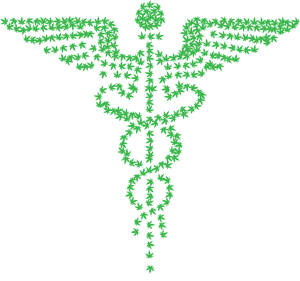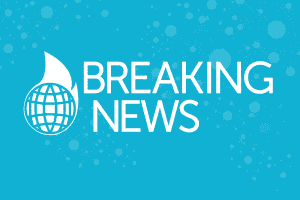According to a recent article in The Scientist, Northwestern Medicine’s successful autoimmune and immunotherapy program is winding down and will be closed by the end of the year. The program, only one of several worldwide, tests hematopoietic stem cell transplantations (HSCT) and has produced promising results for patients with multiple sclerosis (MS). The study showed that HSCT outperformed conventional drugs in patients who had relapsed.
Specializing in HSCT
Patients at the Center who have a defective immune system or defective bone marrow receive stem cells via intravenous infusion.
The stem cells are obtained from several sources. The primary source is either the patient’s bone marrow or the patient’s peripheral blood. If not appropriate, then the second choice would be the best match from another person, preferably a sibling.
Typically the Center’s clinical studies are testing the effect of HSCT on autoimmune diseases e.g. multiple sclerosis and systemic lupus erythematosus (SLE). Occasionally, the FDA will approve protocol independent of the trials under a program called “expanded access”.
Vague Answers Raise More Questions
Dr. Richard K. Burt, the center’s chief who developed the HSCT protocol, explained to The Scientist that his upcoming research sabbatical and his commitment to have a textbook published have necessitated shutting down the program.
The explanation about the sabbatical prompts many people in the field, both in the U.S. and in Canada, to ask: Why stop a successful program due to the absence of one person? Yet there was no appropriate response from the leaders of the program.
Another point of interest is that the end date for Dr. Burt’s trials testing HSCT in connection with Devic’s disease and SLE was one year earlier than the originally scheduled completion date.
There has been no clarification as to whether the early termination of the trials was in any way connected to the closure of the program.
A Cause for Concern
In 2016 the success of Northwestern’s clinical trial was marred by an FDA warning letter setting out a list of violations. The warning included failure to timely report adverse events and patient deaths to the FDA.
Dr. Burt insists that there is no link between the closure and the FDA’s letter. He stressed that he had received a “ follow-up letter” from the FDA indicating that his response was adequate and that it had no further questions nor would there be further action taken on the part of the FDA. Dr. Burt sent an email to The Scientist stating that the FDA did not find any deaths related to Northwestern’s studies.
The HSCT methods Dr. Burt uses in the MS trials have been openly questioned by researchers.
Dr. Mark Friedman, a Neurologist at the Ottawa Hospital specializing in MS, expressed surprise that most of the patients enrolled in Dr. Burt’s trial had relapsed after they had undergone mild MS treatments with interferons.
Dr. Friedman said that he would not categorize such cases as warranting HSCT because it carries the risk of fatal complications. He said that HSCT is an aggressive therapy and should only be considered for patients who have aggressive disease.
Dr. Friedman also pointed out that the dose that Dr. Burt is using is considered inadequate to kill all the cells that cause the disease.
Dr. Burt countered Dr. Friedman’s opinion in an email in which he claimed that a lot of universities use his protocols. He added that his treatment is less toxic and less aggressive than that used at other clinics.
A Biologist Sounds the Alarm
A stem cell biologist, Dr. Paul Knoepfler, of the University of California Davis, questioned several practices at Dr. Burt’s clinic. He noticed several posts on the internet by patients who claimed they had to pay in the neighborhood of $150,000 to participate in Northwestern’s MS stem cell trial. The request for payment extended to off-study.
Even though the FDA has not opposed such payments, they still fall under the category of being “controversial” as it would preclude many patients who are not able to afford the therapy.
Dr. Burt received a major grant many years ago for the development of HSCT to treat autoimmune disease. In another email, he explained that the grant specified that either patients or the patient’s insurance are required to pay for treatment. He added this is typical for university centers that administer HSCT for cancer or autoimmune disease.
In Conclusion
During his upcoming sabbatical, Dr. Burt said that he intends to work with clinics and universities throughout the country in an effort to put forth his HSCT protocol.
As for the clinical trials, patients who are currently enrolled will have their treatment continued at the center. Northwestern Medicine’s media director sent a statement to The Scientist expressing its gratitude for Dr. Burt’s achievements.
Have you or anyone you know participated in clinical trials?

.jpg)




